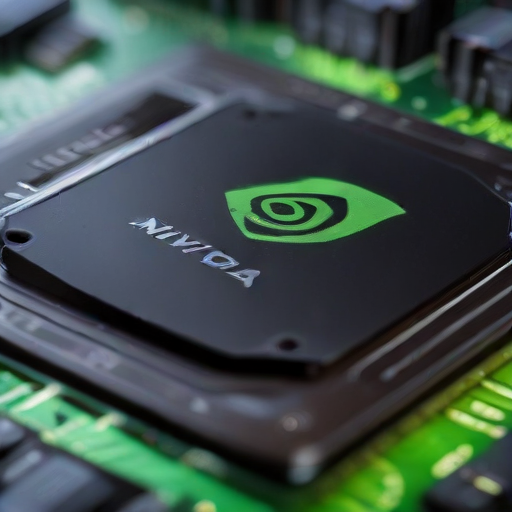As the United States deliberates on more stringent trade restrictions aimed at preventing advanced chip technology from reaching China, Nvidia, a leading U.S. chipmaker, is reportedly adapting to these regulations. The company is in the process of developing a new version of its Blackwell artificial intelligence chips specifically designed to comply with potential trade regulations.
Sources indicate that Nvidia is collaborating with a local distribution partner, Inspur, to introduce the chip, tentatively named the “B20,” into the Chinese market. The expected launch is projected for the second quarter of 2025. While Nvidia has not officially commented on these developments, the move reflects the company’s strategic response to changing regulatory landscapes.
Nvidia currently offers three chips, including the H20, which were developed to align with U.S. export controls. The firm has reduced the prices for the H20 amid dwindling sales, as it faced stiff competition from the domestic Chinese competitor, Huawei. However, reports suggest that sales for the H20 are on the rise, with forecasts estimating over one million units will be sold in China this year, equivalent to a market value of around $12 billion. This is a significant growth considering it nearly outpaces Huawei’s planned sales for its Ascend 910B chip.
Despite this positive momentum, analysts from Jefferies have warned that the H20 chips could face additional risks with upcoming U.S. trade evaluations. In the annual review of semiconductor export norms in October, the analysts anticipate that the H20 might be prohibited from being sold in China, due to possible new restrictions. Potential changes could include product-specific bans or adjustments to the computing power and memory capacity limits.
Furthermore, there is speculation that the U.S. may also broaden these export controls to impact additional countries in the region or even overseas Chinese companies.
The ongoing developments in the semiconductor sector highlight the complexities of international trade and technological advancements in a geopolitically charged environment. This situation also underscores the importance of adaptability and innovation within companies like Nvidia, which are working diligently to navigate these challenges while continuing to provide cutting-edge technology.
In summary, Nvidia’s proactive approach in developing compliant products illustrates its commitment to maintaining a presence in markets subject to strict trade regulations. As companies find ways to innovate amidst regulatory challenges, the evolving landscape presents opportunities for growth and resilience.
